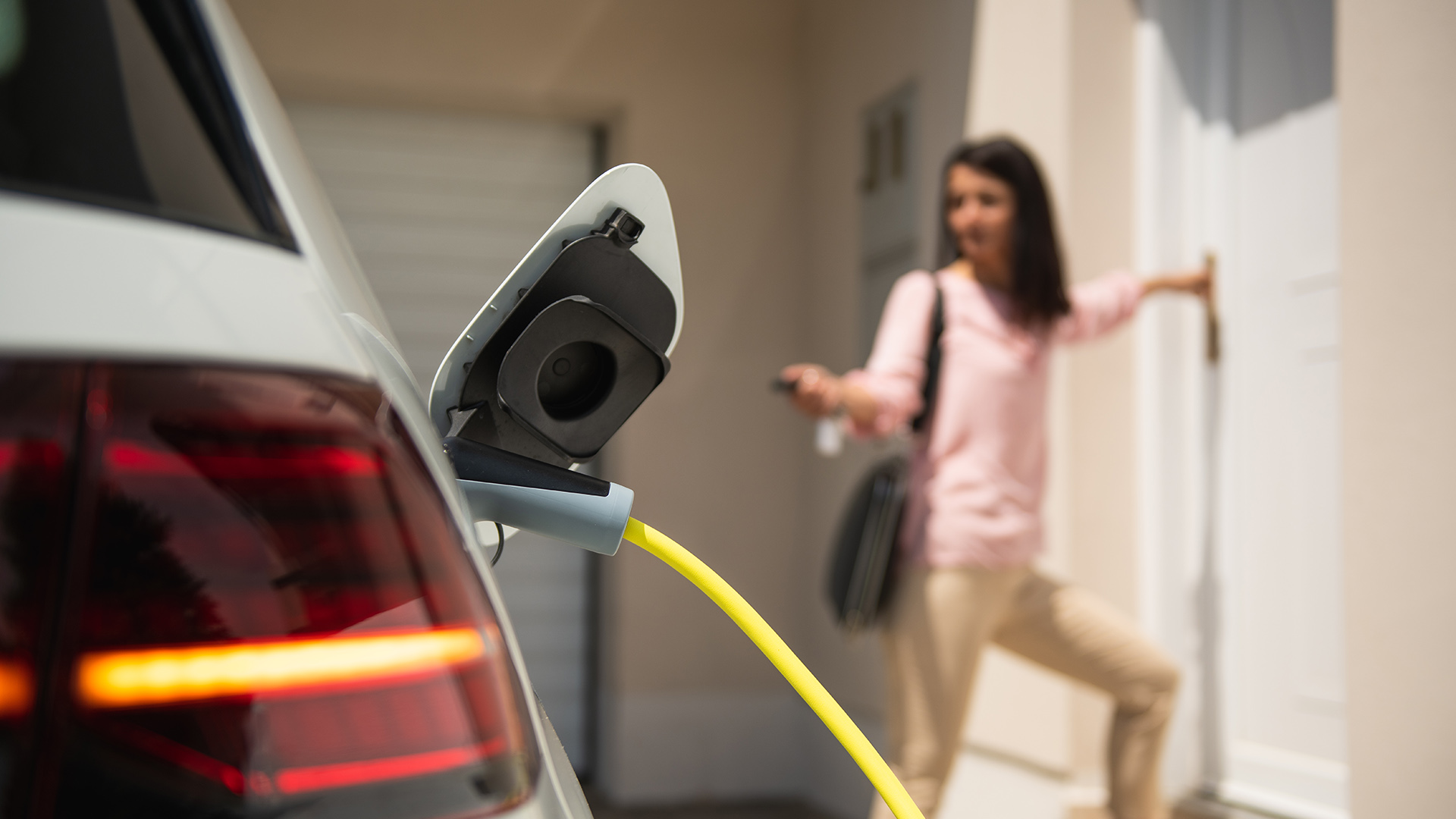Today, the price of oil was slightly lower but is headed for a weekly gain as a stronger demand outlook and signs of economic recovery offset concerns about rising COVID-19 infections in various countries.
As we head into Earth Week, President Biden’s administration is weighing whether to single out methane for more significant emissions reductions as a part of its overall review of the country’s greenhouse gas emission reduction pledge, which is set to be unveiled next week. And senior Senate Democrats will be introducing legislation on Thursday designed to make climate change a pillar of U.S. diplomacy.
Meanwhile, China’s Vice Minister of Foreign Affairs said that China is unlikely to pursue climate proposals beyond its current one, saying it is “not very realistic” for a country of 1.4 billion people. These comments came as Biden’s climate envoy John Kerry is discussing the issue in meetings with Chinese officials in Shanghai.
Electric vehicles the new home back-up power source?
A new electric vehicle supercharger is hitting the market that can power your home for up to 12 days. Mashable reports that Dcbel’s new energy management unit can charge your electric vehicle and act as a home back-up power source.

Pumped storage hydro could be essential for the energy transition
Pumped storage hydro-power is nothing new, but it could be the key to unlocking America’s renewable energy future. Popular Science explains how a pumped storage hydro-power facility could crank out 1,200 megawatts of electricity for up to 20 hours, and be a game changer for renewables when the sun doesn’t shine and wind isn’t blowing.
Solar powered plane that weighs as much as a ‘family car’?
A solar powered plane as big as a Boeing 787 and weighs as much as a “family car” is already flying across the friendly skies. Business Insider reports that the plane can even soar in darkness by utilizing batteries that store energy gathered during the day.
Scientists turn beer waste into biofuel
While turning beer waste into fuel is not new, scientists have discovered a new technique to make the process more efficient. Anthropocene Magazine explains that researchers are now working to scale up the technology for industrial use.
New technology repels dust from solar panels – saving up to 98% of energy
Solar panels have to remain clean to be effective and efficient. Electrek reports that new technology uses highly transparent electrodynamic shield that repels dust, saving up to 98% of the energy typically lost on panels in dusty regions.